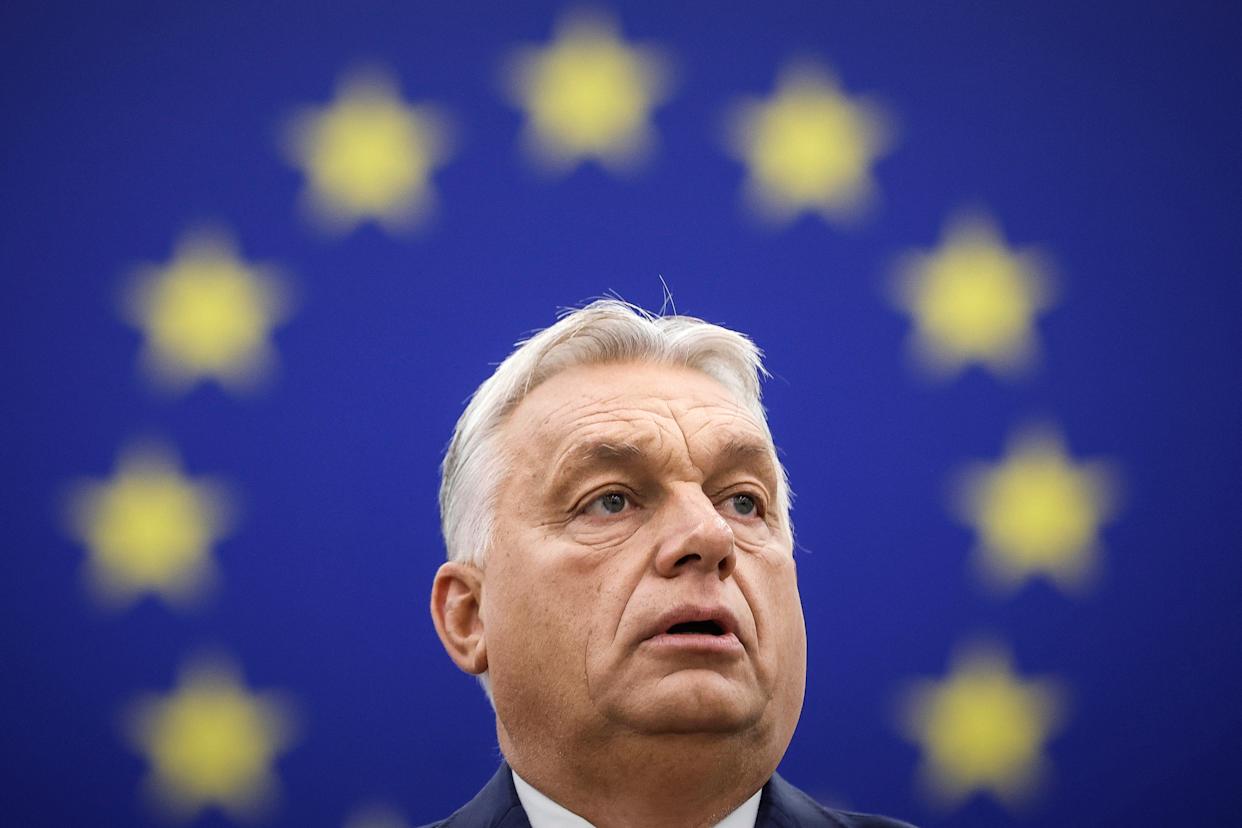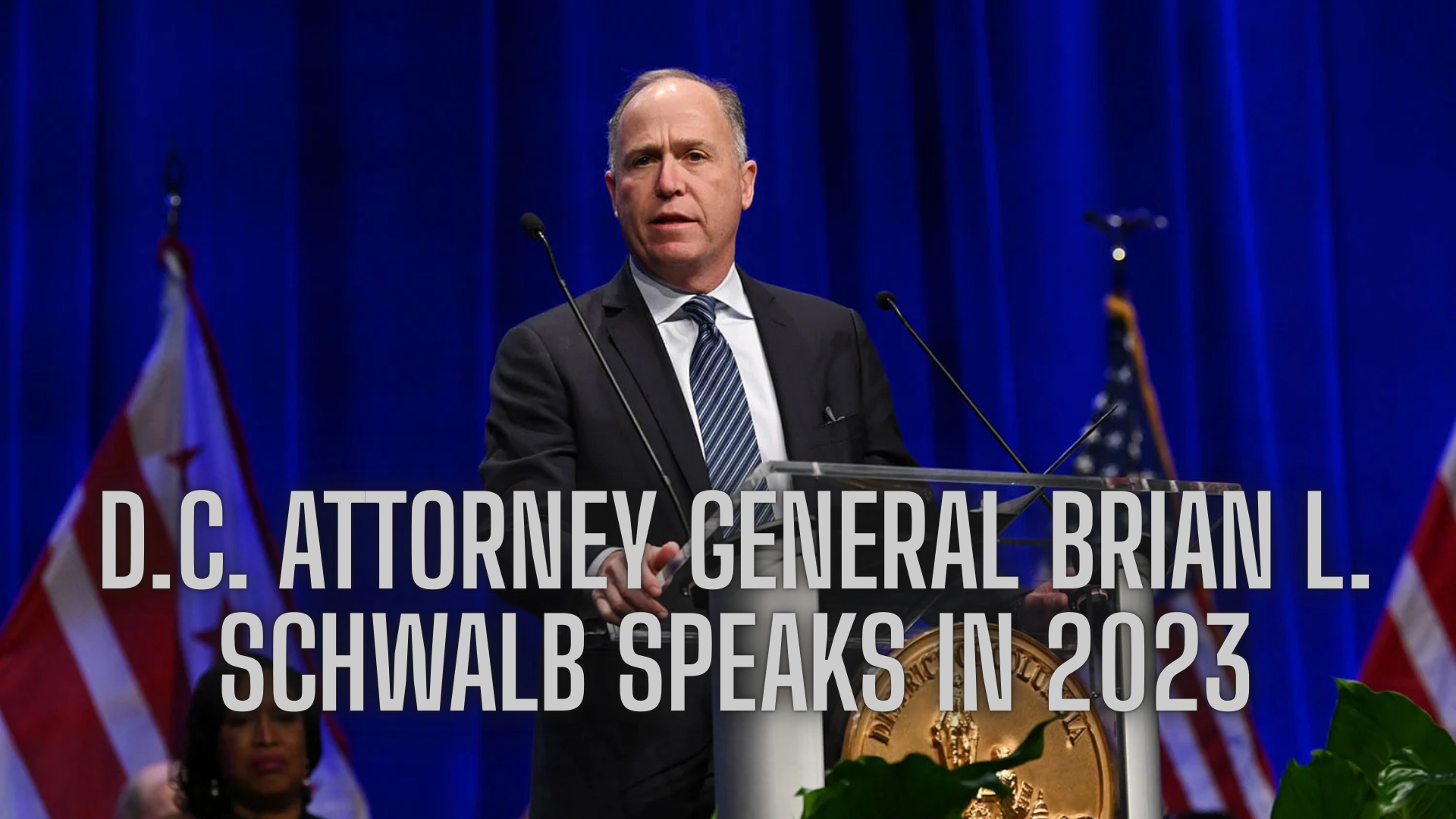As Hungary gears up for pivotal national elections next spring, Prime Minister Viktor Orbán is doubling down on a controversial campaign strategy: portraying Ukraine as a looming threat to Hungarian sovereignty and security. With his Fidesz party slipping in the polls and facing its most serious challenger in over a decade, Orbán has chosen to stoke anti-Ukraine sentiment in a bid to maintain power — even if that means vilifying political opponents and flouting European unity.
A Divergent Path in Europe
Since Russia’s full-scale invasion of Ukraine in 2022, most European Union nations have thrown their support behind Kyiv with military aid, humanitarian assistance, and strong sanctions against Moscow. Hungary, however, under Orbán’s leadership, has carved out a radically different course.
Budapest has refused to send weapons to Ukraine or even allow their transit through Hungarian territory. It has repeatedly called for sanctions relief, pushed for rapprochement with Moscow, and framed Kyiv not as a victim but as a destabilizing force. Orbán has also vocally opposed Ukraine’s EU accession, a position increasingly out of sync with the rest of the bloc.
Now, as domestic political pressure mounts, the Hungarian leader is weaponizing that foreign policy stance for electoral gain — portraying Ukraine not only as a geopolitical concern but also as a domestic threat engineered by his opponents.
A Referendum on War or Peace?
In recent weeks, Orbán has dramatically intensified his anti-Ukraine rhetoric, framing the upcoming election as a choice between peace and war. He accuses his chief rival, Péter Magyar — a former insider turned reformist — of conspiring with foreign powers to overthrow his government.
“Brussels and Ukraine are jointly building up a puppet government,” Orbán claimed in a June 6 state radio address. “They want to change Hungary’s policy toward Ukraine after the next elections, or even sooner.”
Central to Orbán’s argument is the suggestion that Magyar and his new political party, Tisza, are colluding with Kyiv and the EU to draw Hungary deeper into the war. These assertions are not backed by evidence, but they are gaining traction through an aggressive state-backed media campaign.
Orbán has even gone so far as to post an AI-generated video on social media depicting bloodied Hungarian soldiers and caskets draped in national flags — a stark warning of what he claims would happen if Hungary aligns with Ukraine.
Turning Against a Former Ally
Orbán’s hostility toward Ukraine marks a striking reversal. In the early days of Russia’s invasion, he voiced support for Ukraine’s EU aspirations. But today, he argues that Ukraine’s accession would bring crime, cheap labor, and inferior agricultural products into Hungary, threatening both economic security and national identity.
He’s also suggested — again without evidence — that the EU and Ukraine want to conscript Hungarians to fight on the front lines against Russia. “We don’t want our children… to come back in coffins,” Orbán said in a chilling social media message.
This shift in tone mirrors messaging from right-wing populist movements across the West, including those associated with former U.S. President Donald Trump, who has also questioned support for Ukraine.
The Rise of Magyar and the Tisza Party
Orbán’s aggressive tactics appear to be a response to the growing popularity of the Tisza party, led by Péter Magyar. Once married to Hungary’s former justice minister and long seen as part of the ruling elite, Magyar has rebranded himself as a reformist critic of corruption and cronyism.
Polls show Tisza gaining momentum, with some surveys putting the party neck-and-neck with Fidesz — an unprecedented development in Orbán’s 14-year tenure.
Now, Magyar is the target of accusations of “treason” and secret ties to Ukrainian intelligence. Orbán and his allies have accused a prominent Tisza member — the former head of Hungary’s military — of having “deep ties” with Ukraine’s security services. Again, no proof has been offered.
Magyar has strongly denied the claims, calling them outrageous. “It is blood-boiling when a patriot… is accused of treason by people who would sell their country out,” he said at a recent news conference.
A Propaganda Blitz
To reinforce its narrative, the Hungarian government launched a state-funded communications offensive in March, including a nationwide “consultation” on Ukraine’s EU membership. While non-binding, the campaign has had a strong impact.
Billboards, TV ads, and social media graphics now plaster cities and villages alike, featuring grim images and slogans accusing Brussels and Kyiv of plotting against Hungary. One poster reads: “They would bring Ukraine into the EU, but we would pay the price. Let’s vote no!”
The messaging campaign has flooded the public space with imagery of European Commission President Ursula von der Leyen and Ukrainian President Volodymyr Zelenskyy, cast as the architects of Hungary’s supposed downfall.
Ukraine Pushes Back — Cautiously
Despite the provocations, Kyiv has largely refrained from direct confrontation with Budapest. However, Zelenskyy recently criticized Orbán in an interview with Hungarian outlet Válasz Online, calling the prime minister “anti-Ukrainian and anti-European.”
“He wants to turn the war in Ukraine to his own advantage in the elections. That is dishonest,” Zelenskyy said.
Ukraine’s foreign ministry has also spoken out. In a statement on X, ministry spokesperson Heorhii Tykhyi condemned the Hungarian government’s rhetoric: “We don’t see Hungary demanding that Russia accept a ceasefire… They remain silent when principled action is needed and make baseless accusations when diplomacy is required.”
Escalating Diplomatic Tensions
The animosity has spilled over into international diplomacy. In May, Ukraine’s security services arrested two individuals suspected of spying for Hungary — allegedly collecting intelligence on military positions in western Ukraine.
Hungary responded with fury, calling the arrests part of a broader smear campaign tied to Magyar’s rise. Diplomatic expulsions followed on both sides, further fraying relations between the two neighbors.
Authoritarian Tactics Amid Declining Popularity?
Analysts say Orbán’s strategy may signal deeper concerns within his ruling coalition. Péter Krekó, head of the Political Capital think tank in Budapest, believes Orbán is attempting to discredit Magyar before his popularity becomes unmanageable.
“There is an ongoing campaign against any critical voices in Hungary, saying they are agents of Ukraine,” Krekó said. “If you can’t win back public opinion anymore, then you can try to use a more authoritarian toolkit.”
With Orbán’s grip on power showing rare signs of vulnerability, his anti-Ukraine crusade may be less about foreign policy and more about political survival. But in choosing this path, Hungary risks further isolating itself within the EU — and deepening divisions at home.
As election season heats up, one thing is clear: the fight for Hungary’s future is no longer just about domestic policy. It’s become a high-stakes battleground in Europe’s broader geopolitical struggle — with Orbán casting Ukraine as the villain, and himself as Hungary’s lone defender.




One thought on “Orbán’s Anti-Ukraine Rhetoric Takes Center Stage as Hungary’s Elections Approach”